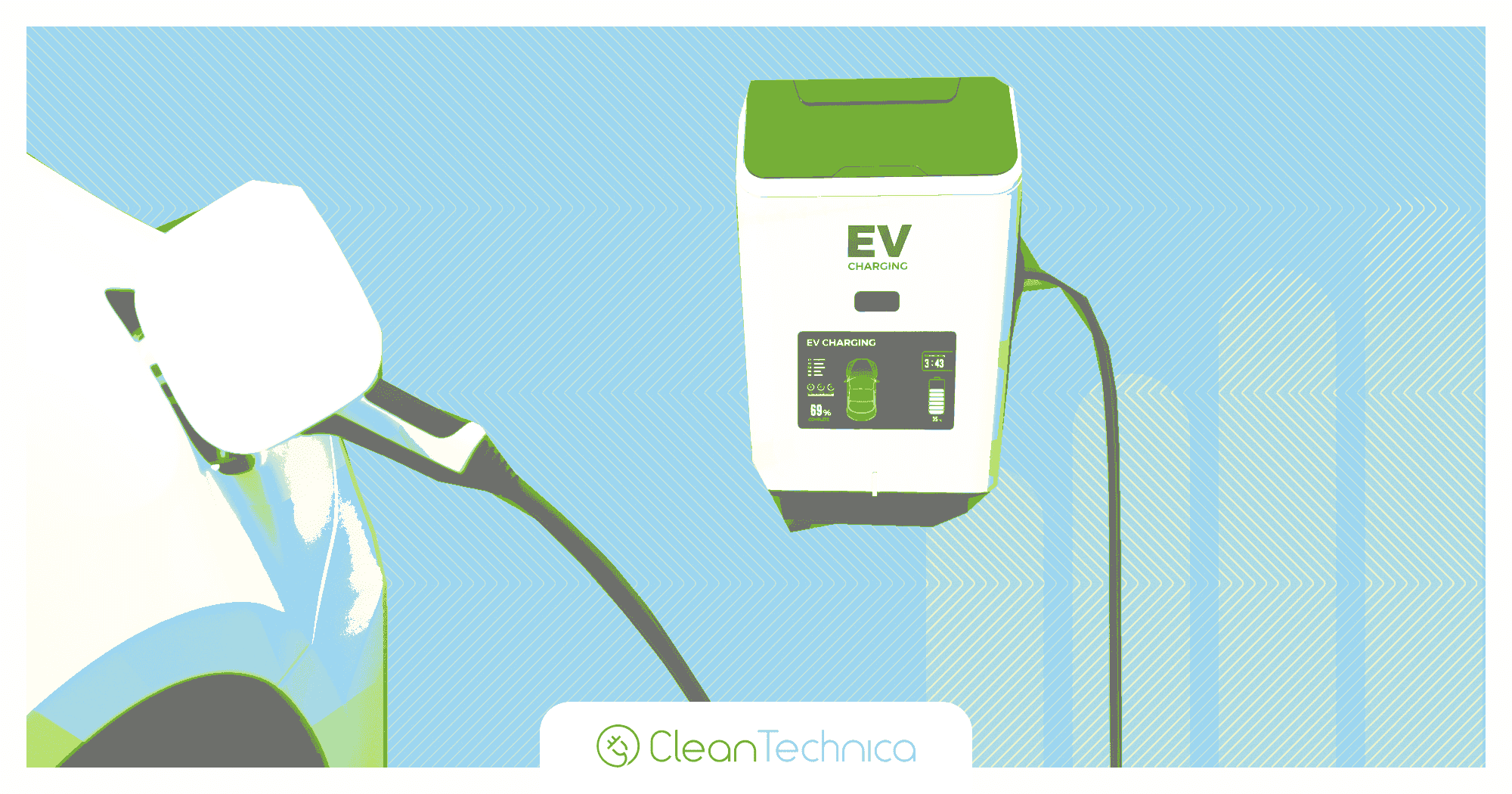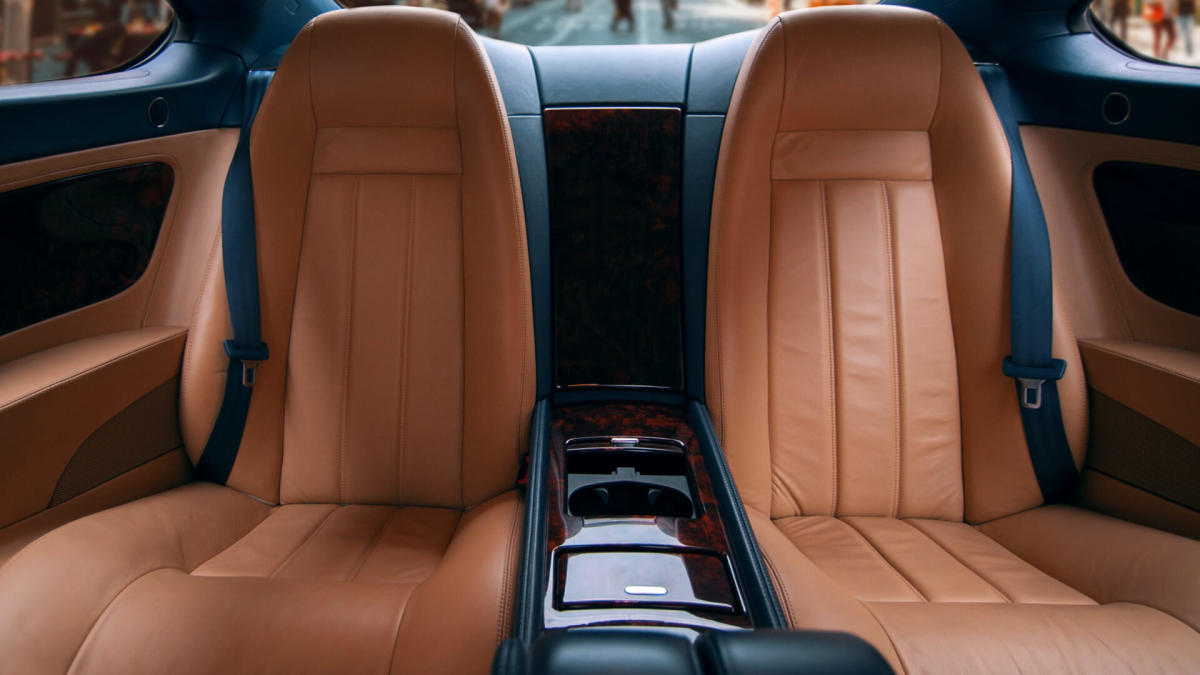- Joined
- Jan 20, 2004
- Messages
- 30,622
- Reaction score
- 19,691
Everyone predicted adding a million electric cars to the US grid would take it down. Well over 1 million electric cars where added an the electrical use actually went down not the grid. There maybe many reasons why this happened?
"
2023 set another record for EV sales in the United States. About 1.2 million vehicles, or 7.6% of all sales, were electric according to Kelley Blue Book."
"
With over 1 million new EVs plugging into garage outlets, home charging stations, and Superchargers, you’d think our electricity usage would have shot up dramatically. You’d be wrong."
"
Through November 2023 (the latest data available from the Energy Information Administration), electricity generation was down by 1.1%.
This is a great piece of news we should be talking about more. Electricity use has been flat for the last 20 years, hovering between 3,800 and 4,000 billion kWh annually even though the population has increased by 30 million people, our homes have gotten bigger, we’ve added over 5,000 data centers, and we now have 2.5 million EVs plugging into the grid."
"
"
How is this possible? One word — efficiency. Our electric appliances have gotten so much more efficient. Thank you technology improvements and appliance standards! There was a 50% improvement in US energy intensity (energy use compared to GDP) from 1980 to 2014, for example. (Also, in case you were curious, electricity use hasn’t stayed flat because people switched to gas. Residential gas use has been flat since the 1970s.)
The magic of efficiency could and hopefully will continue this 20-year miracle of keeping electricity consumption flat even while we add lots of new loads, as there is so much more low hanging fruit to be picked. LEDs still need to finish their market domination, and heat pumps are only just getting started and will save oodles of energy for space and water heating and even clothes drying. Building codes are continuously improving, as are appliance standards, meaning our homes and buildings and everything that uses energy in them, are constantly becoming more efficient (with no compromise in performance)."
"
This all adds up. With the 1% that electricity production declined in 2023, we could have added something like another 10 million EVs to the grid last year and our overall electricity use would still have remained the same.
How’s that for some good news? Next time you hear that we won’t have enough power to electrify everything, talk about the magic of efficiency that has made overall electricity use go down even as electric vehicles begin to scale."

 cleantechnica.com
cleantechnica.com
"
2023 set another record for EV sales in the United States. About 1.2 million vehicles, or 7.6% of all sales, were electric according to Kelley Blue Book."
"
With over 1 million new EVs plugging into garage outlets, home charging stations, and Superchargers, you’d think our electricity usage would have shot up dramatically. You’d be wrong."
"
Through November 2023 (the latest data available from the Energy Information Administration), electricity generation was down by 1.1%.
This is a great piece of news we should be talking about more. Electricity use has been flat for the last 20 years, hovering between 3,800 and 4,000 billion kWh annually even though the population has increased by 30 million people, our homes have gotten bigger, we’ve added over 5,000 data centers, and we now have 2.5 million EVs plugging into the grid."
"
"
How is this possible? One word — efficiency. Our electric appliances have gotten so much more efficient. Thank you technology improvements and appliance standards! There was a 50% improvement in US energy intensity (energy use compared to GDP) from 1980 to 2014, for example. (Also, in case you were curious, electricity use hasn’t stayed flat because people switched to gas. Residential gas use has been flat since the 1970s.)
The magic of efficiency could and hopefully will continue this 20-year miracle of keeping electricity consumption flat even while we add lots of new loads, as there is so much more low hanging fruit to be picked. LEDs still need to finish their market domination, and heat pumps are only just getting started and will save oodles of energy for space and water heating and even clothes drying. Building codes are continuously improving, as are appliance standards, meaning our homes and buildings and everything that uses energy in them, are constantly becoming more efficient (with no compromise in performance)."
"
This all adds up. With the 1% that electricity production declined in 2023, we could have added something like another 10 million EVs to the grid last year and our overall electricity use would still have remained the same.
How’s that for some good news? Next time you hear that we won’t have enough power to electrify everything, talk about the magic of efficiency that has made overall electricity use go down even as electric vehicles begin to scale."

The US Added 1.2 Million EVs To The Grid Last Year, & Electricity Use Went Down - CleanTechnica
With over 1 million new EVs plugging into garage outlets, home charging stations, and Superchargers, youâd think our electricity usage would have shot up dramatically. Youâd be wrong.




